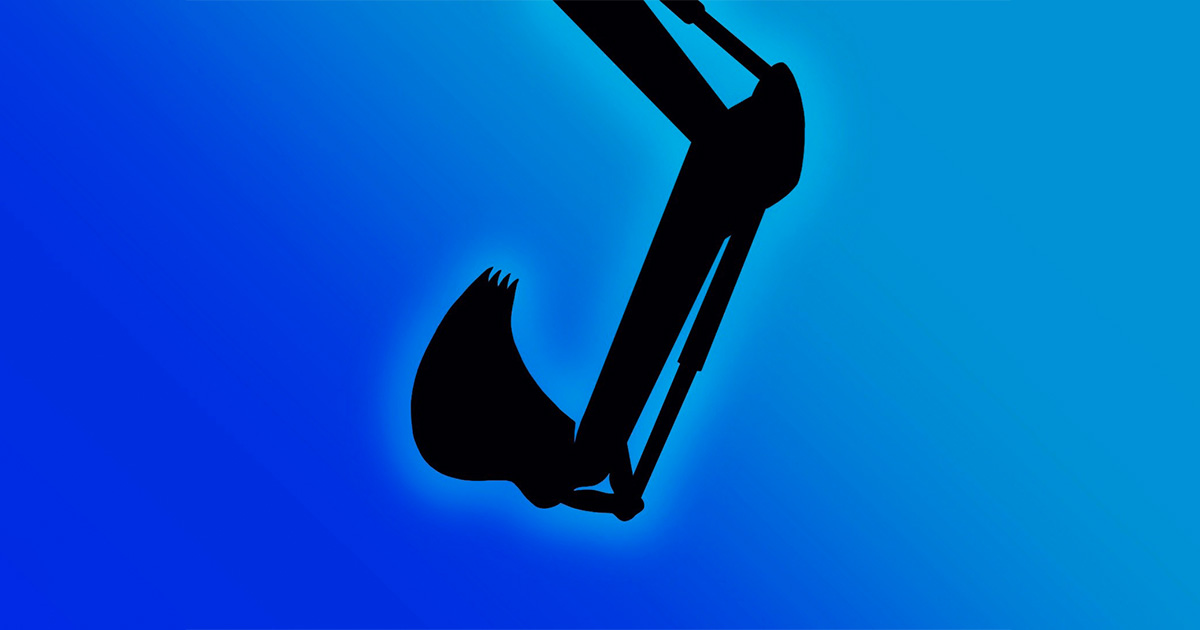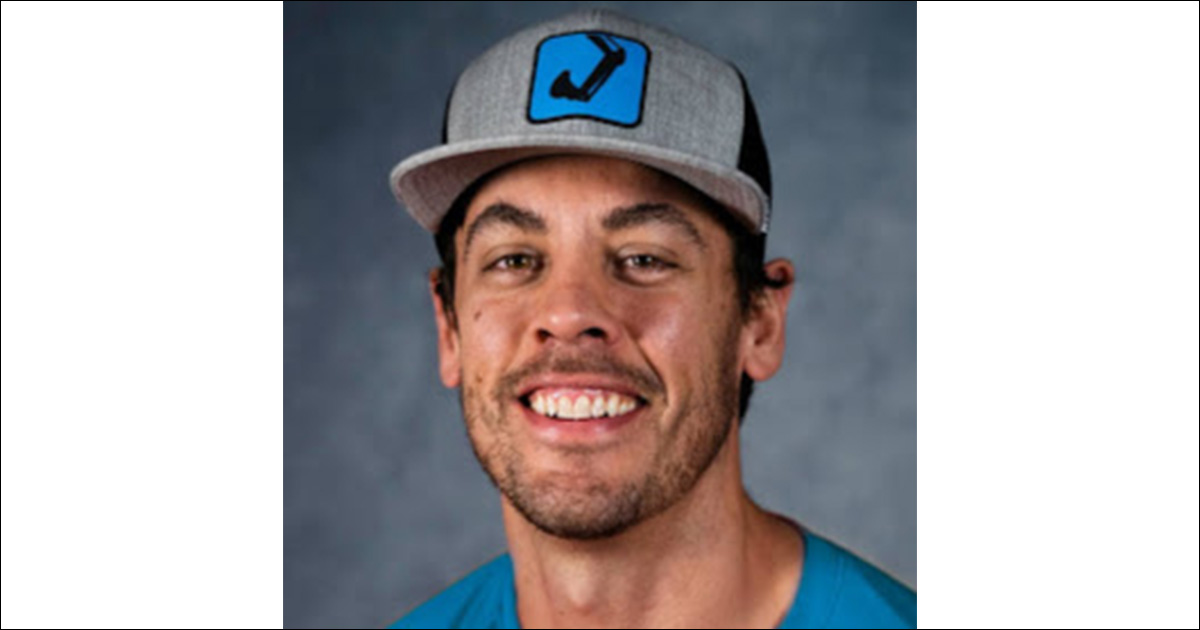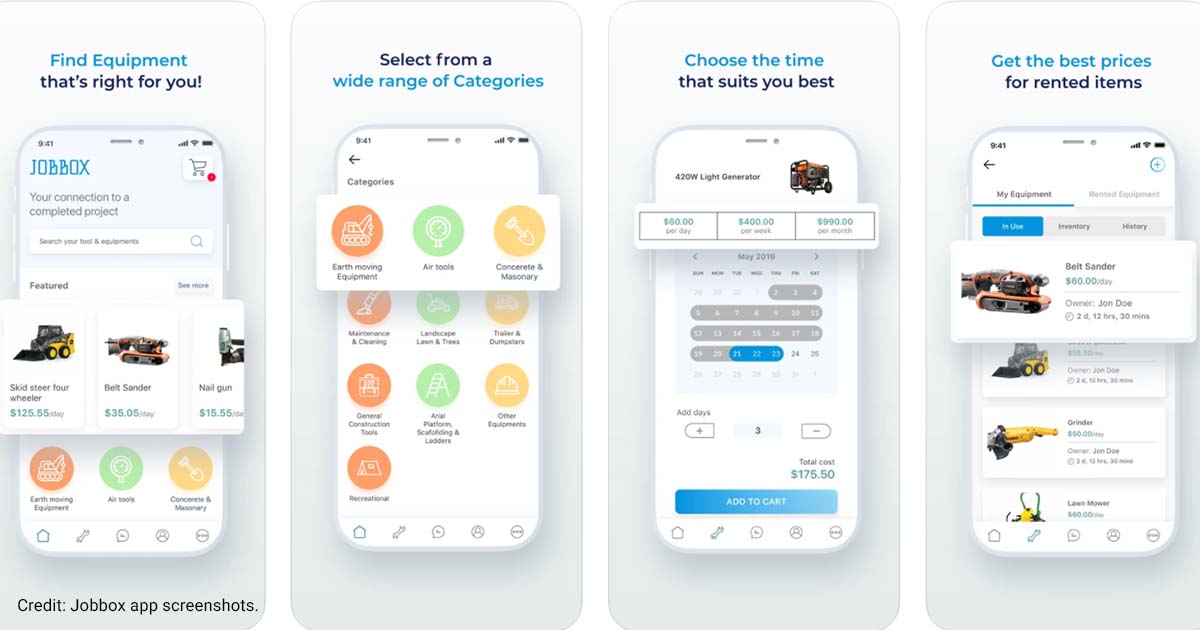Clink (Formerly Jobbox)

Last Updated: By TRUiC Team
Clink (Formerly Jobbox) is a peer-to-peer (P2P) tool and equipment rental application that makes renting necessary equipment easier than ever.
Interview With Stephen Bradshaw
Describe your product or service:
“Jobbox is a P2P tool & equipment rental platform that facilitates transactions through our mobile app. Think of us as the Airbnb of tool and equipment rentals.”
Describe your company values and mission:
“Our motto is, ‘Your connection to a completed project.’ We were founded by a contractor and for the contractor and DIY communities. It's our ambition to create a safe and secure platform where our users can find whatever they need to complete their projects.”
How are you funded? I.e. venture capital, angel investors, etc.
“We have raised some seed funding from friends and family. We are seeking additional angel investors to close out our $600,000 seed round.”
How big is your team? Tell us a little about them (I.e. co-founders, freelancers, etc.)
“We have a team of eight. This includes our CEO/founder, COO, CTO, and dev team. Steve is our founder and has spent his entire career in construction. Mark has also spent his entire career in construction and is our COO. Jeeva is our CTO and head of product development. Our dev team of engineers and UI/UX specialists rounds off the team.”
Did you always want to start your own business? What made you want to become an entrepreneur?
“This is my third business. It's in me to start businesses. I can't help it. It may even be considered a fault in some regards if I don't harness it.”
How did you come up with your startup idea? How did you decide to actually act on the idea?
“I was operating my general contracting business and went looking for an app that would allow me to rent my tools and equipment out to others in my area. I was baffled when I couldn't find such a platform, so I decided to research the rental market and how to go about developing an app. I didn't have any tech experience or background, and that was the most intimidating part of launching the business. I spent six months researching and creating my business plan. I beta tested the concept by conducting manual P2P transactions for six months. Once that took off and I got too busy to carry on transactions manually, we started developing the MVP app. This took three months and we launched the MVP on November 9, 2020. We tested this in two markets initially to get user/market feedback. From there, we have been working through four planned updates for the app that we are looking to accomplish by the end of 2021. We have currently completed two of those updates.
The thing that gave me the confidence to pursue this venture was the fact that so many other individuals have created extremely successful businesses in the past. I believe that the vast majority of humans all have similar potential. The thing that sets successful individuals apart from average individuals is their willingness to try and fail, their daily disciplines, and their ability to grow and iterate. I tell myself frequently that ‘if they (extremely successful business owners) can do it, then so can I.’"
What gave you confidence that you were on the right track?
“The things that gave me confidence that I was [on track] were the answers and responses I got as I tested the idea. I didn't jump off the ledge right away. I started by just asking others I knew in the industry what they thought of the idea. I got great feedback, and based on their enthusiasm, I took the next step which was to start testing manual transactions. Those transactions increased on a monthly average of 30%. This was the second clear indicator to proceed further. I then invested money in developing the MVP, and even that wasn't a full-fledged attempt at the product. I could have easily spent double building out what I thought the app should be and do, but I put out the mean viable product (MVP) so that I could hear from the users. We listened for eight months once the app launched to understand what directions to go next. I think it's critical with a business like this to listen well and be extremely efficient with your resources. It would be best to just jump off the ledge early and start running with the idea, but more times than not, you'll waste time, energy, and money.”
How did you come up with your company name? Did you have other names you considered?
“I had a harder time naming this business than I did my four children. The name for this business was critical as we see this being a nationwide brand. As a contractor, my company owns several box trailers that we pull from site to site. Our team keeps their tools in these box trailers and when someone needs something on the job, you'll often hear them ask one of the other team members, ‘Where's the such-and-such tool?’ The response will be, ‘Check the job trailer.’ I wanted to paint a picture for our users that depicted a specific place they could go to get whatever they needed to complete their project. Whether it's a tool or a subcontractor, they would know that if they had the question, ‘Where can I find [fill in the blank]?’ the answer would be, ‘Check Jobbox.’ I married the response of "job trailer" with "box trailer" and got Jobbox.
As soon as I had the idea for Jobbox, I checked to see if the domain was available (jobbox.co) and to see if there were any trademarks. Another early name we had was Divvy, but there was a trademark for that with a bike rental company. We knew that was too close and the trademark application would get rejected. There wasn't such a trademark for Jobbox, so we filed for that mark and got approved by the USPTO auditor — which only 30% of applications are approved.”
Feeling inspired? Learn how to launch your company with our guide on how to start a startup.
What is the greatest challenge you faced in starting your business, and how did you overcome it?
“Funding has been a challenge. We are looking to grow quickly, and we need funding to do so. We have pretty much self-funded to this point, but we will need an influx of cash to spend on marketing to propel us from here. The way I explain it is that we have done a great job building a phenomenal rocket and we have gotten it to the launch pad. However, to get this thing off the ground and to break gravity, we need some rocket fuel which would be cash for online marketing.
To overcome this I never stop networking and asking people for money or [asking] if they know anyone who would be interested in investing in a tech startup. Early on in this business, I made a note to myself that read, ‘To get where you want to go, you'll have to hear no 10,000 times. Hurry up and work through them.’ In my constant attempt to raise money, I ask people all the time if they want to invest. When I hear ‘no,’ I don't take that as a negative; I just view it as one more ‘no’ that I had to get through before I get my ’yes.’”
Who is your product or service made for? Who is your target market?
“Our target market is anyone that rents tools or equipment. Our app is specific to the tool and equipment rental industry.”
What's your marketing strategy?
“We are an online business that is looking for users that spend time online and rent tools. We will target our market through an online campaign that hits these individuals specifically.”
How did you acquire your first 100 customers?
“Our first 100 customers came through my current network in Florida and through word of mouth. We haven't paid for any marketing to date, so any growth that we have experienced has been organic and word of mouth.”
What are the key customer metrics / unit economics / KPIs you pay attention to to monitor the health of your business?
“We really only look at three metrics on a month-to-month basis. They are new users, transactions, and revenue.”
What's your favorite book on entrepreneurship?
“There are too many to try to name one ... I am currently reading Grant Cardone's ‘The 10x Rule.’ I find books are seasonal. [At] the beginning of my entrepreneurial journey, Gino Wickman or Patrick Lencioni were very impactful. I am currently in a season where I have to expand my thinking to wrap my head around how to build and manage a billion-dollar company. So, I am reading books by individuals that have had hundreds of million-dollar businesses or even billion-dollar businesses.”
What is your favorite startup or business podcast?
“‘How I Built This.’”
What is something that surprised you about entrepreneurship?
“It's harder to make money than I thought. Part of that was a mind shift that had to happen with my relationship with how I viewed money and part of it was building better business practices. For example, my first business was a cafe. That had lots of competition and low margins. I then graduated to a general contracting business which allowed me to make in one project what I was making in an entire year. I then started a scalable tech business which would allow me to build one great product (our app) and then scale it nationwide without having to do any more other than marketing.”
How do you achieve work/life balance as a founder?
“I set strict boundaries. If you don't have lines on the field, it makes it hard to play the game. I start work at 8 a.m. and work my butt off until 4 p.m. Once I get home, I put my phone up and I don't work again until 8 a.m. the next day. I also invest in my mind, body, spirit, and relationships to make sure they are all healthy and thriving.”
How do you stay motivated?
“You have to keep your eyes focused on a limited set of high-reaching goals. I currently have three core focuses that I go over daily to remind myself what it is I am trying to accomplish. I picked these three based on what would move the needle the most. Lack of motivation can come from a lack of direction which will lead to frustration and limited success.”
Did you have to develop any habits that helped lead you to success? If so, what are they?
“I am big on daily disciplines and routines. I try to keep the same general routines [every day] that will benefit my spirit, soul, body, family, finances, and business. One such habit is to wake up at 5 a.m. and spend two hours reading and writing.”
What are you most proud of as an entrepreneur?
“I am already accomplishing more than I could have ever imagined. I am proud that I was able to step off the ledge and start my first business, which has led to further endeavors and successes.”
Recommended:
- Keep up with more startup companies by visiting our list of the top startups to watch.
- Hear startup stories from real founders on the Startup Savants podcast.
- Form your own startup by reading our review of the best online incorporation services.
Tell Us Your Startup Story
Are you a startup founder and want to share your entrepreneurial journey withh our readers? Click below to contact us today!
More on Jobbox Co.

Insights From the Founder of App Startup Jobbox Co.
We were fortunate enough to hear some valuable insights during our interview with Stephen Bradshaw of Jobbox Co. that will inspire, motivate, and teach aspiring and established entrepreneurs alike.

3 Ways to Support App Startup Jobbox Co.
We asked Stephen Bradshaw, founder of Jobbox Co., to share the most impactful ways to support their startup, and this is what they had to say.


